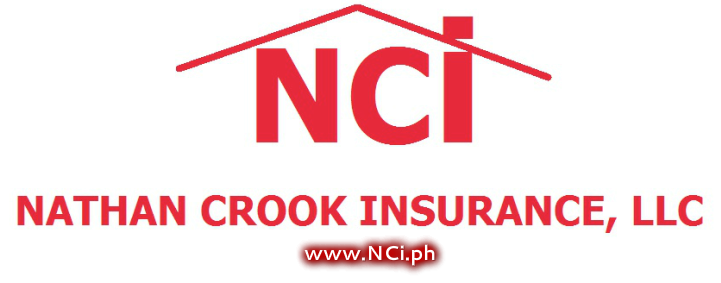The news about the tsunami wave prediction has since gotten even worse and the government, which was once forecasting 35' tsunami wave height potential from the big Cascadia quake is now predicting 100 foot tsunami wave heights!
Not that I need to alarm you, because this news should alarm you enough, but it's important to remember that wave height on tsunamis is not just a crashing wave, but a flood of water (up to 60 miles long) at that height, behind the wave. Tsunami waves may continue for many hours after the first wave strikes.
So, you may be thinking that there isn't much you can do to protect yourself from this disaster. Or you may consider flood insurance to be too expensive, not necessarily. There are options.
The most common option people use to protect their home is through flood insurance, provided by the government (FEMA). Most people will typically try to cover their entire home's value, if possible up to $250,000 rebuild cost and $100,000 contents cost. Others, who are on a stretched budget can chose to insure less for less cost. The point here is that some coverage is always better then no coverage.
Another option for flood insurance is to procure coverage through a private insurance company, outside of FEMA's National Flood Insurance Program. Flood insurance provided through a private insurance company typically costs more; but one can also insure their home for more than than FEMA's flood coverage limit of $250,000 (on homes) and there is often no 30-day waiting period, like the government's flood program. One could also decide to insure against landslides and earthquakes with the same company, for a bit more.
My own house is at 100' elevation and near the hospital in Coos Bay, not a flood zone. After considering the projected 8'-14' elevation drop and the possibility for 100' tsunami waves, I found myself purchasing flood insurance (last night). It's good peace of mind knowing I have one less thing to worry about.
Remember your house is not protected from a major flood, unless you sought out and paid for a flood insurance policy. Don't assume that you are covered, unless you have proof that you are covered.
Like I said in my blog regarding earthquakes, please don't wait for quake or a tsunami warning to call your insurance agent, it's too late at that point! Insurance companies prohibit agents from selling insurance in these last minute situations. Think about it now, while I have your attention and if you are interested in avoiding future financial calamity from natural disasters feel free to give me a call (or your agent) now to get a quote.
While you are thinking about impending doom, please remember to stock up on your drinking water, food and emergency shelter supplies.

 RSS Feed
RSS Feed